‘It’s so demoralising’: UK graduates exasperated by high unemployment
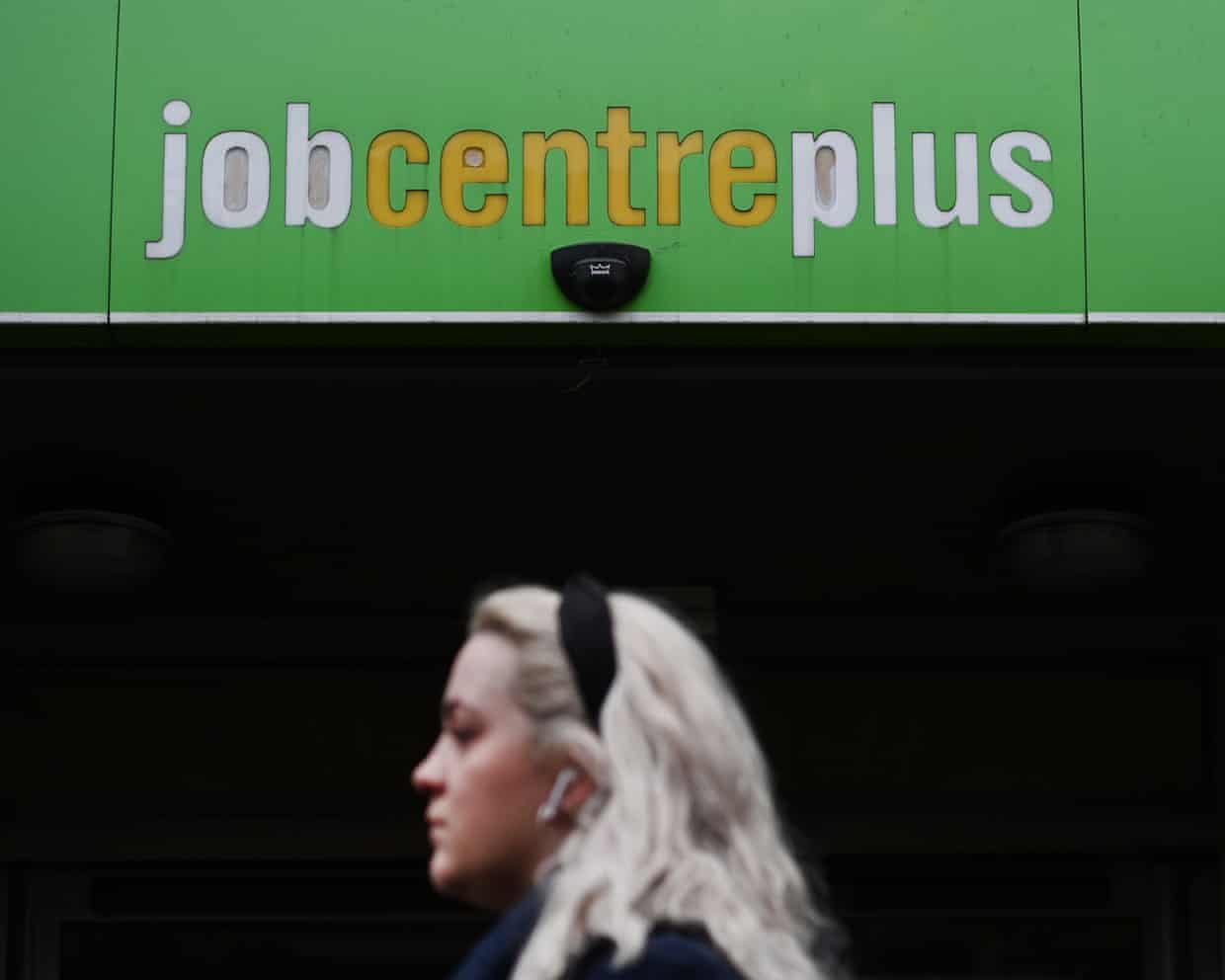
It has been more than six months since Leah Savage, 24, started job hunting and despite applying for almost 100 jobs, she has had just two interviews in that time.“It’s so demoralising.All I do is wake up and apply for jobs.I reach out to different people and everyone says the same thing – they’re not hiring at the moment,” she said.“It’s a real struggle.
I am lucky to be able to live at my parents’ house and I am on universal credit, but I can’t do stuff like go out with my friends because I just can’t afford to.”She has a first-class honours degree in marketing management and also did a one-year internship at Amazon during her studies, which she thought would give her a leg-up when applying for graduate roles.But the competition for work is fierce and there are now extra challenges such as ensuring your CV makes it past the AI filters companies employ to whittle down hundreds of applicants.“Sometimes it can be something as small as formatting which is not readable to AI and you’ve got no chance,” she said.“I can’t help but think what the point is of my degree that I spent four years working hard for, while balancing part-time work, if that isn’t enough to even get me a foot in the door?”Guardian analysis has shown that almost half of all jobs lost since Labour came to power were among the under-25s, and youth unemployment is running at 15.
3%, the highest level outside the Covid pandemic since 2015,Across the board, young people including school leavers and graduates are reporting the battle to find work is harder than ever,Lee, who is 18 and has been looking for a job in Manchester for four months after finishing her A-levels, said the market was “a waste of time and very depressing”,“They ask you for experience that you can’t get without first having a job,” she said,“I am multilingual, I speak three languages, I have the competence and knowledge to do a good job, but I can’t even get an interview.
”Miranda Alford, 22, described the entry-level job market as a “complete desert” which her university degree didn’t prepare her for.She said she felt very lucky to have secured a role as a receptionist, but it was only a temporary contract coming to an end next month, so the prospect of another job hunt is rapidly looming.“It’s just a constant conveyor belt of applications and getting nowhere.Last time I was looking, I got into a real slump about myself and believed I was a failure – I have so much to give but they didn’t want me,” she said.Alford lives in a house share in Nottingham, and has eaten into her savings in order to pay rent and bills while job hunting.
“It’s really stressful.Entry-level jobs want multiple years of experience in that sector, for minimum pay, so it is very much a catch-22,” she said.“None of my friends who’ve graduated have found a job that pays well and they’re happy in, and a lot of them are unemployed and still looking.”David Weston, 23, from Chesterfield, said it took about six months and more than 200 applications for him to find a job after graduating, and that was a role stacking shelves at a warehouse, which he only got after removing his politics degree from his CV.“I feel as if I have been told all throughout my education to study hard and get a degree, and then you are almost guaranteed a job.
But that wasn’t the case,” he said,“I didn’t have any practical skills employers were looking for in roles related to my degree,And the lower wage roles I had done before now considered me too educated,”Chouka Tung, 24, had dreams of pursuing a dream in the media industry after moving from Hong Kong to the UK – but a year and a half after graduating from her journalism degree, she is working part-time in an Asian supermarket after receiving “rejection after rejection”,“The difference between reality and expectation can be quite unbearable,” she said.
“I can only just pay my rent and I fear I am slowly becoming less proficient in my journalistic skills,I have no idea how I can get myself out of this limbo,”

UK budget watchdog in danger of strangling economic growth, says TUC boss
Britain’s budget watchdog is in danger of strangling growth and should be modernised to ditch its “hardwired” support for austerity economics, the Trades Union Congress has warned.Less than two weeks before Rachel Reeves’s autumn budget, the trade union umbrella group said the Office for Budget Responsibility (OBR) was at risk of being a “straitjacket” on growth in living standards.It called for an urgent review into the OBR’s role at the heart of the chancellor’s budget-setting process from the earliest opportunity after her 26 November tax and spending statement.Paul Nowak, the TUC general secretary, told the Guardian: “I don’t think the chancellor, whatever happens at the budget, wants to go down the road of austerity 2.0
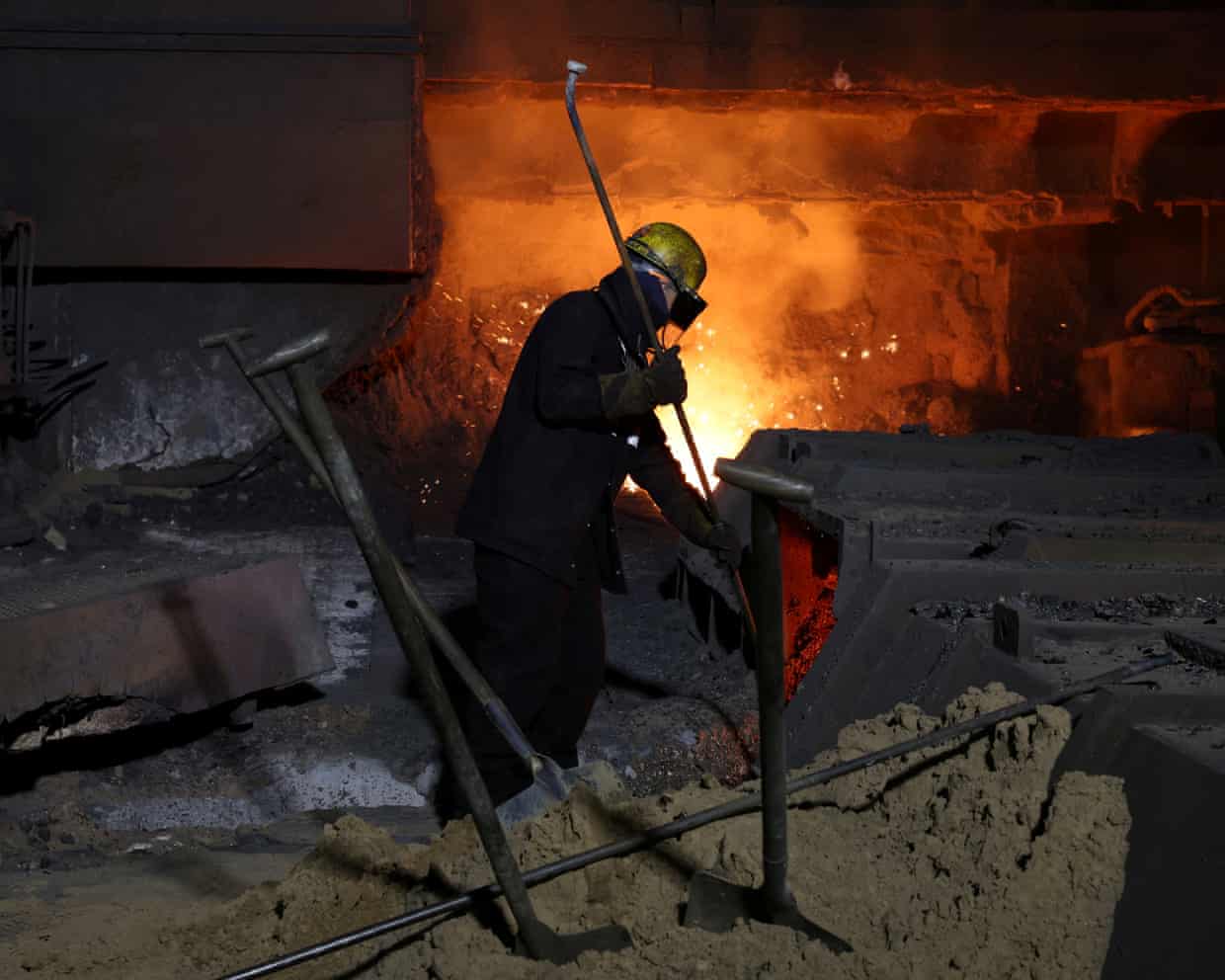
Business secretary backs shift to electric arc furnaces at British Steel plant
The business secretary, Peter Kyle, has backed a shift to cleaner electric arc technology at the state-controlled British Steel plant, raising questions about the future of the UK’s last remaining blast furnaces.Kyle said the government was “keen to see that transition happen”, as he works on a new steel strategy, which is expected to be published in December.A shift to electric arc furnaces at Scunthorpe, Lincolnshire, would secure the future of steel production at the plant – under emergency state control since April – as the UK tries to meet its target of net zero carbon emissions.However, it would also raise doubts about the fate of blast furnaces that employ thousands of people, and the UK government’s previous pledges to preserve Britain’s primary steelmaking ability, producing steel from iron ore.When the government recalled parliament in April to take control of British Steel, it feared the site’s Chinese owner, Jingye Steel, was planning to close it permanently, with the loss of as many as 2,700 jobs

One of Britain’s biggest housebuilders urges government to support first-time buyers
The boss of one of Britain’s biggest housebuilders has urged the government to announce more support for first-time buyers to revive a property market that has cooled in the “very long shadow” of the looming budget.Jennie Daly, the chief executive of Taylor Wimpey, also warned against an “accumulation of regulation”, arguing that a “perverse outcome” of green measures could be that it becomes unviable to build new homes in poorer areas of the country.The expiry of a stamp duty holiday in March marked the first time in 60 years that there was no direct support scheme targeted at first-time buyers, Daly said.She called for a similar property tax break, or the reintroduction of a help-to-buy equity loan scheme to aid first-time buyers, but said she had “limited expectations” that this would happen in the 26 November budget.David Thomas, who runs the rival housebuilder Barratt Redrow, has also called for practical support, particularly for first-time buyers
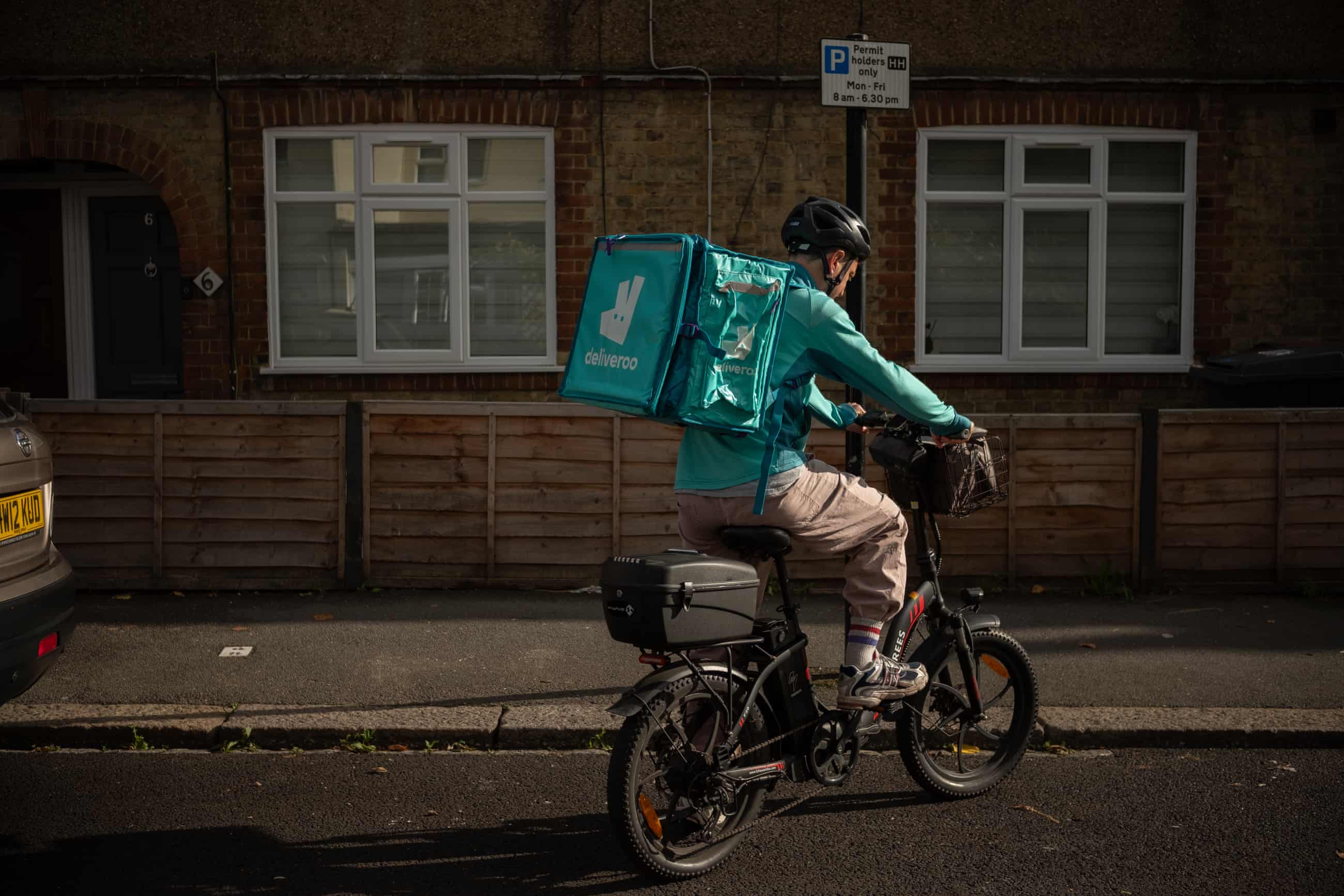
Life as a food delivery worker: ‘Sometimes men open the door naked’
To earn a living as a delivery rider, some work 10-12 hour days, contending with low pay, exhaustion, accidents, injuries and harassment. Is this a new form of modern slavery?“I earn more cleaning toilets than I do from being a Deliveroo rider,” says Marina, a Brazilian woman who juggles two jobs to support her 12- and 18-year-old daughters.It’s a “bullshit, horrible job”, says Adam, from Sudan, who combines riding for Deliveroo with studying for a law degree. “On a good day I can earn £50 or £60, although it’s really hard doing deliveries using a pedal bike.”“As humans we are invisible to the people we deliver to,” says Mohammed, a Syrian refugee who also works as a Deliveroo rider
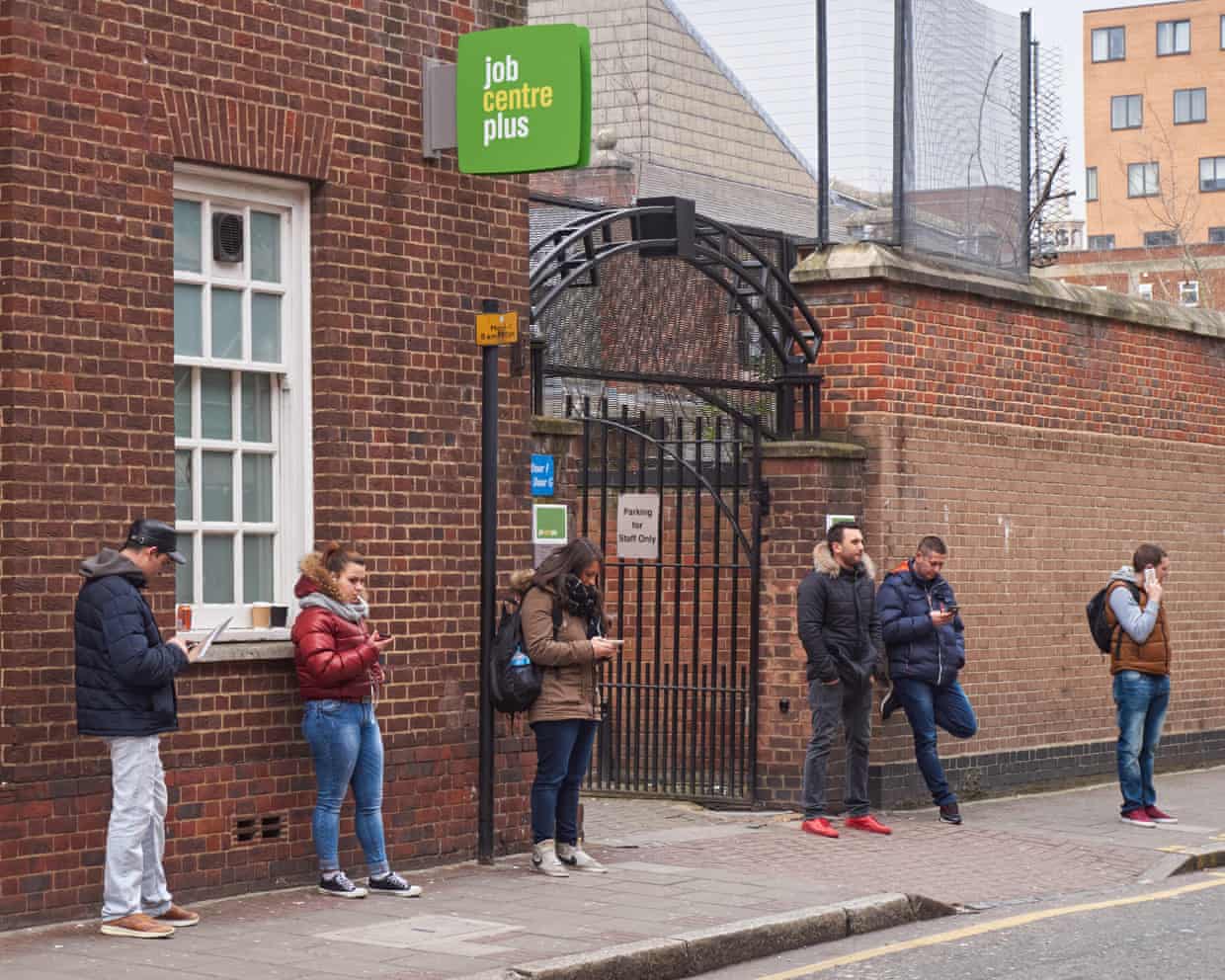
Half of all UK jobs shed since Labour came to power are among under-25s
Keir Starmer has been warned that Britain’s youth are in danger of becoming a “lost generation” on his watch as it emerged almost half of all jobs shed since Labour came to power are among the under-25s.With the government under fire before the autumn budget, Guardian analysis shows the dramatic leap in UK unemployment to the highest levels since the Covid pandemic is being fuelled by a youth jobs crisis.As many as 46% of the 170,000 jobs lost from company payrolls since June last year are from those under the age of 25 – the equivalent of more than 150 jobs lost per day.David Blunkett, the former Labour education secretary, said that while the government was taking action there was a danger an entire generation of young people would be let down.“I think we’ve got to get our act together

‘I have saved exactly £0’: how soaring costs have hit Britons’ nest eggs and pensions
Andrew, a writer in his mid-30s from Essex, would be considered middle class by most, but his financial setup is precarious.“I have £4k in my savings account, and around £4k in stocks and shares. With a mortgage, childcare fees and other living expenses to cover, our monthly outgoings are always at least £2,800. Our savings would quickly vanish if our household income ceased,” he said.Andrew has managed to save £30,000 into a workplace pension, but feels unable to continue saving at the moment

When reality bites: the rapid rise and chaotic fall of Reform UK in Cornwall

Wes Streeting accused of ‘chaotic and incoherent approach’ to NHS reform
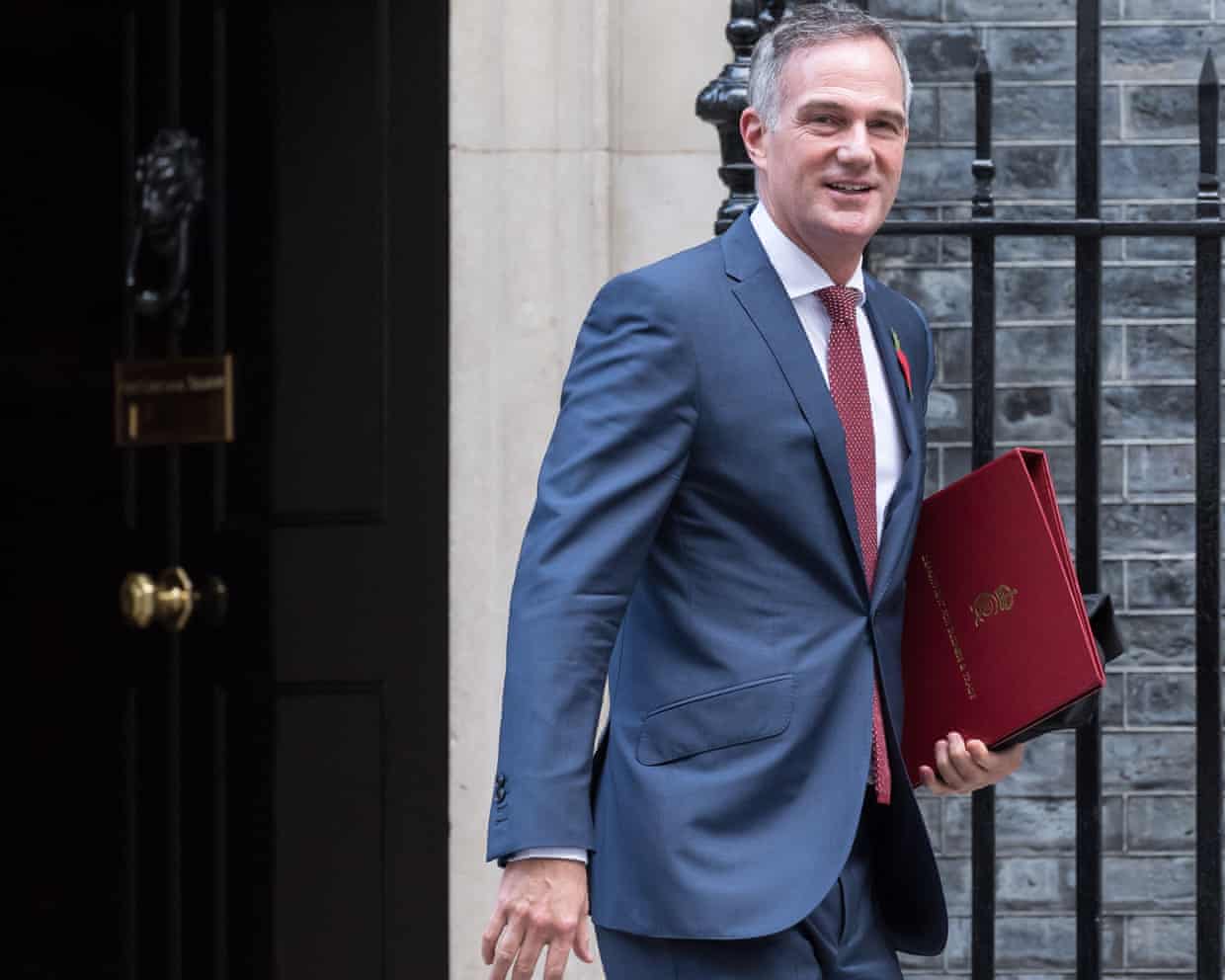
Nigel Farage is today’s Enoch Powell and his appeal down to slow economy, says minister

‘They all think Keir is done’: how push to protect Starmer’s job backfired spectacularly
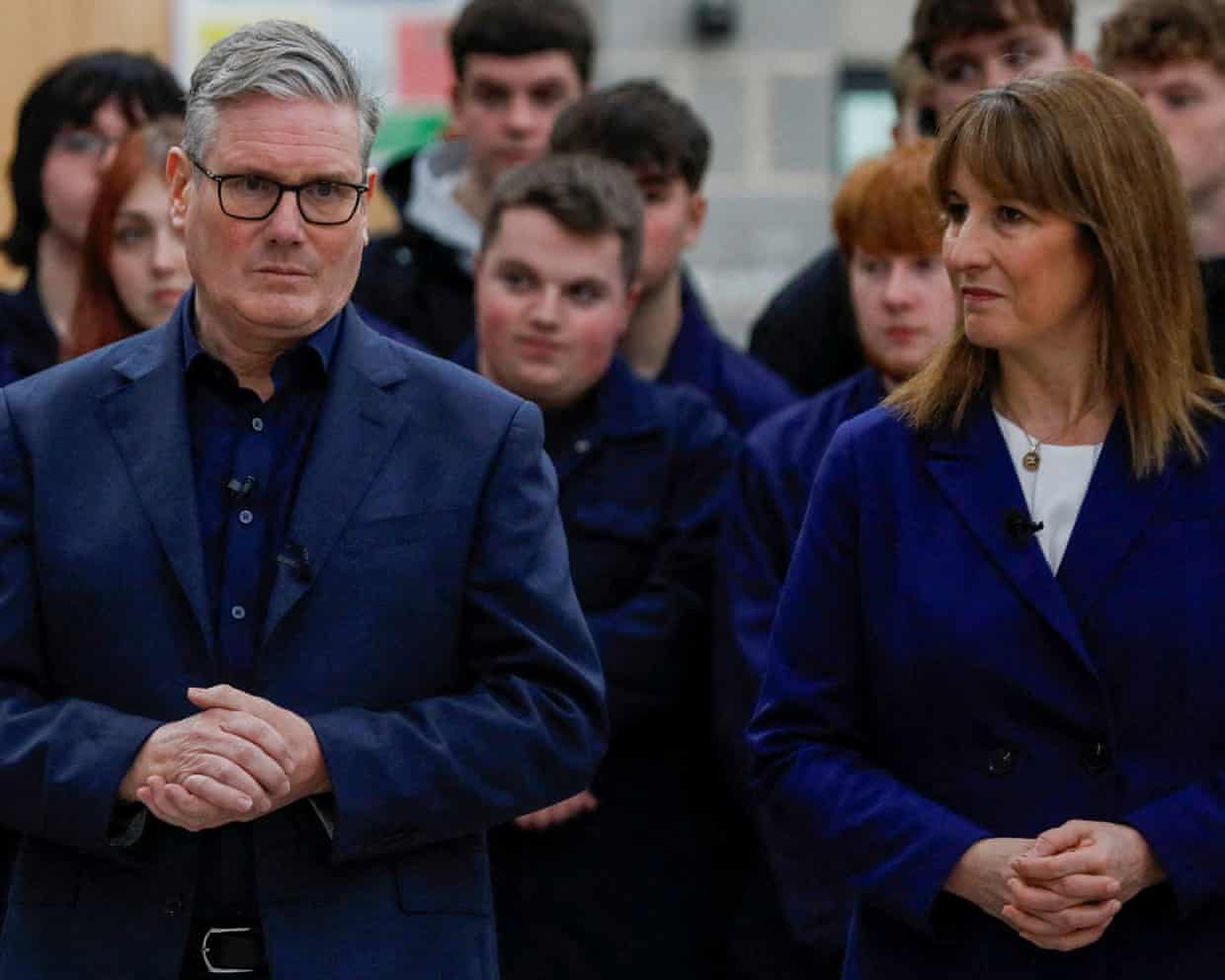
Treasury won’t cut threshold for higher rate income tax, say sources – UK politics live

MP Adnan Hussain quits Your Party over ‘persistent infighting’